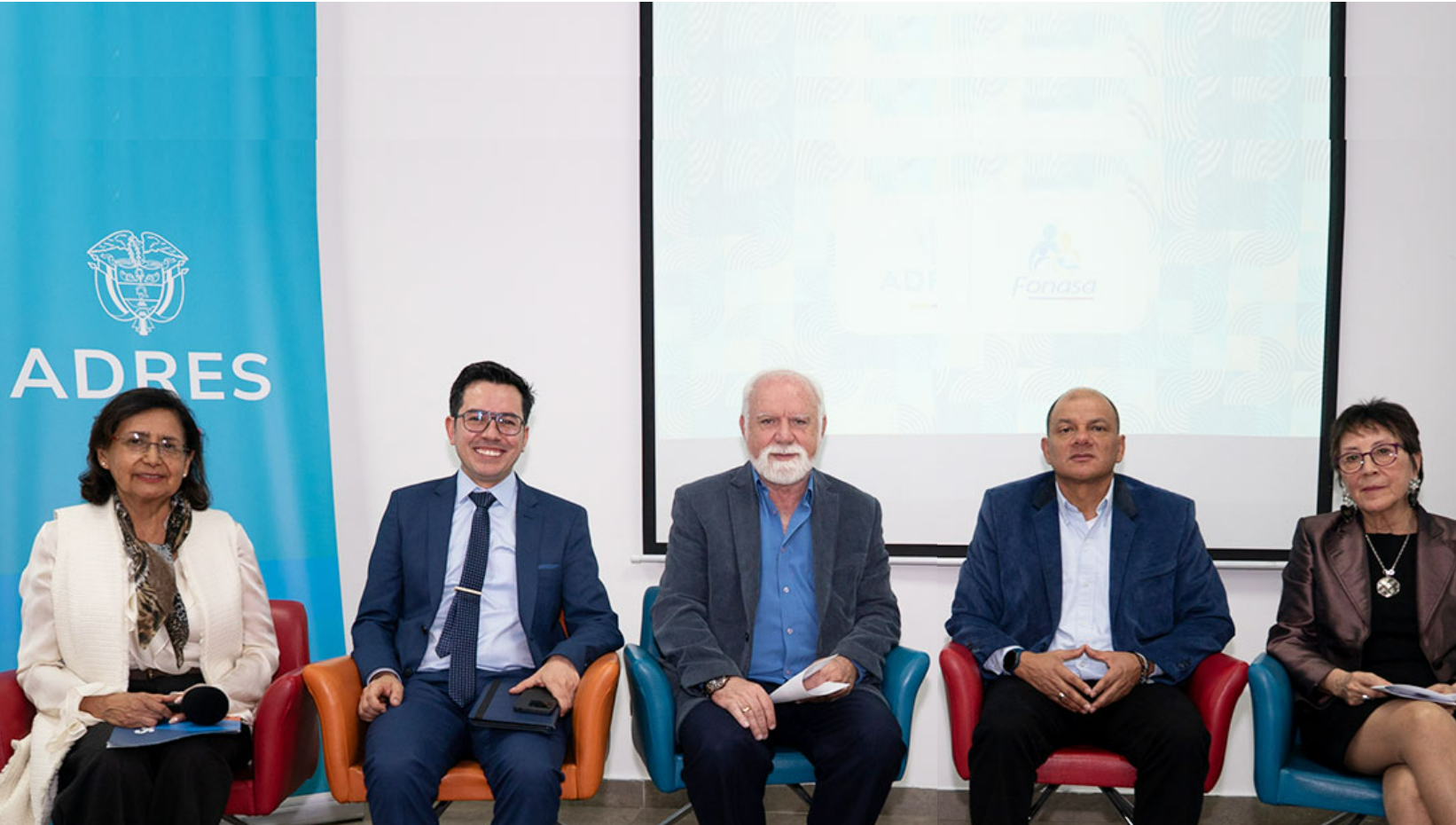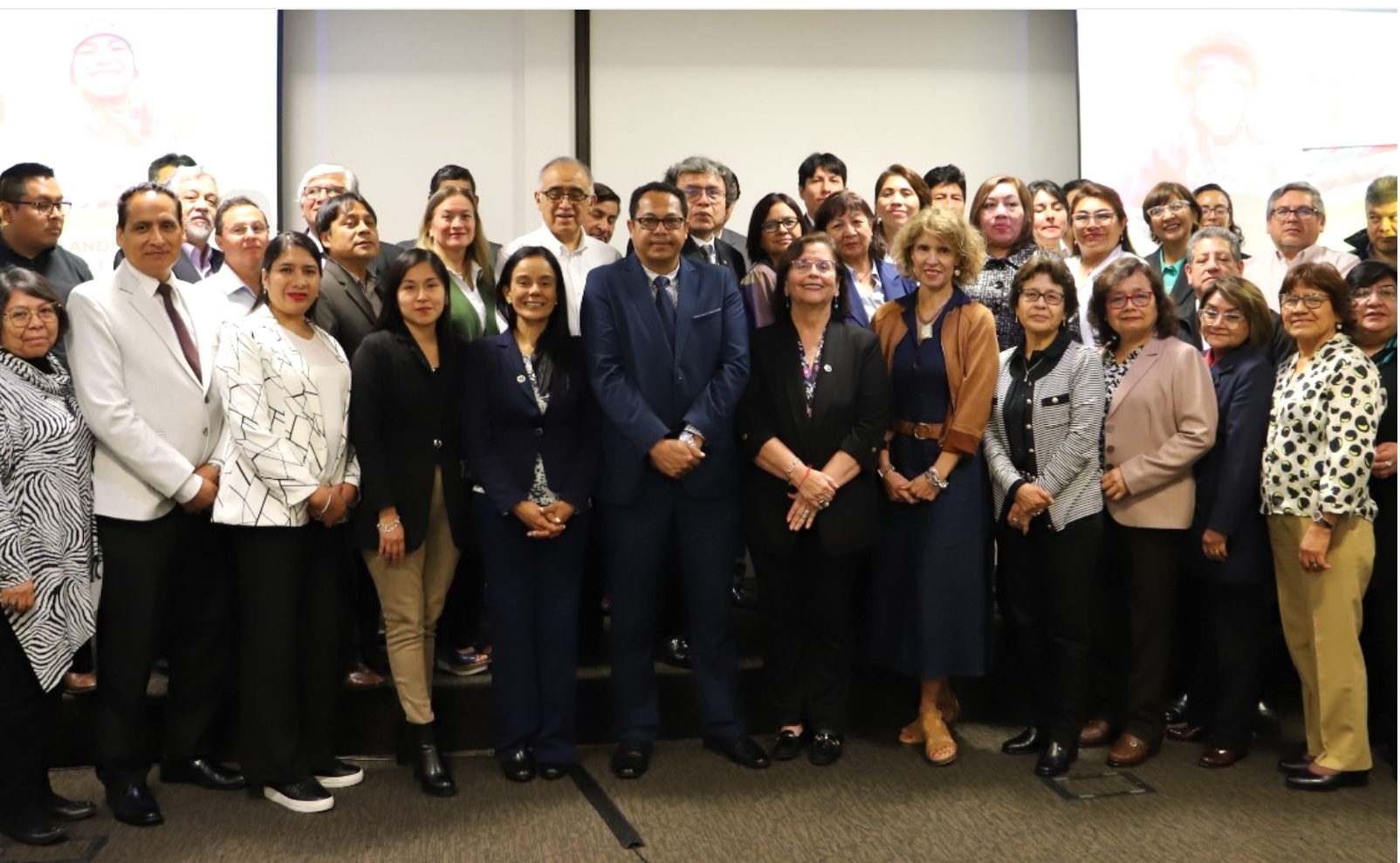The Chilean public health system falls under Chile’s Ministry of Health. Primary health care facilities are under the administration of municipalities in accordance with the 1981 reform aimed at decentralizing the administration and financing of the health system. The National Health Fund (FONASA) was created in 1979 as the agency responsible for collecting, administering and distributing resources for health. Its funds come from contributions from the state and from compulsory contributions of workers (7% of their salary). In 2020, these funds insured approximately 77% of the Chilean population.
Guarantees for exercising the right to access health services
In 2006, the government created the Universal Access Plan with Explicit Guarantees (AUGE) to guarantee the right to health services for all citizens affiliated to FONANSA and ISAPRE. The funding required for this plan was secured through the Financing Act of 2003, which increased the value-added tax, the tobacco-specific tax and customs taxes. The AUGE initially defined a set of explicit health guarantees (GES) established by law on access, opportunity, financial protection and quality for 56 priority health issues. Over time the law expanded to include 87 covered health issues. GES guarantees treatment, limits waiting time and the amount patients pay for treatment, and provides for quality assurance. The AUGE was expanded to cover a wider range of pathologies, reflecting the political will to guarantee the right to health care for all Chileans.
In 2015, the Ricarte Soto Law created a universal financial protection system for high-cost diagnoses and treatments. The law covers specific health conditions, such as oncological, immunological and rare or infrequent diseases for all users [EY5] of health pension systems regardless of their socioeconomic status. Since September 2022, a zero copayment has been implemented for 6 million affiliates of FONASA who use the institutional modality or public providers.



